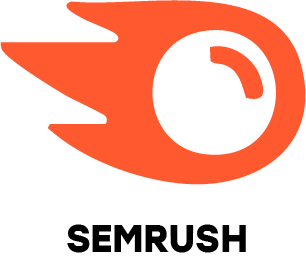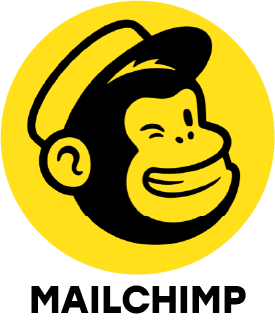1. How does traditional marketing differ from digital marketing?
Ans:
Traditional marketing relies on offline channels like TV, newspapers and radio, while digital marketing uses online platforms such as websites, email and social media. Digital methods are quicker, more precise and easily trackable.
2. Can you describe the distinction between SEM and SEO?
Ans:
SEO improves a site’s visibility in search engines naturally, without paying for placement. SEM, on the other hand, uses paid advertisement to appear at the top of search results, offering faster visibility but at a cost.
3. How do you track the success of a digital campaign?
Ans:
Website views, click-through rates, conversions, and return on investment (ROI) are some of the important metrics track to see if the campaign is succeeding.
4. What tools do you prefer for keyword and SEO research?
Ans:
I regularly use platforms like Google Keyword Planner, SEMrush, Ahrefs and Ubersuggest to discover high performing keywords and evaluate SEO progress and competition.
5. Can you walk us through a digital campaign you handled successfully?
Ans:
I led a lead generation campaign through Facebook and Google Ads, where we optimized the audience targeting, enhanced landing pages and tracked performance, resulting in a significant boost in leads.
6. How do Google Ads function and what metrics should you focus on in PPC?
Ans:
Google Ads runs on a pay-per-click (PPC) system where advertisers bid on keywords. Key performance metrics include impressions, clicks, CTR, CPC and conversion rates to measure effectiveness.
7. Why is Quality Score important in a Google Ads campaign?
Ans:
Quality Score affects ad ranking and cost-per-click. A higher score means better placement at a lower cost and is based on ad relevance, keyword alignment and landing page experience.
8. How do you improve engagement on a brand’s social media profile?
Ans:
To drive engagement, I use consistent posting, eye-catching visuals, audience interaction, contests or giveaways and regular analysis to refine the strategy.
9. What are the essential elements of an effective email marketing strategy?
Ans:
Strong email campaigns include well segmented lists, compelling subject lines, personalized content and regular monitoring of open and click-through rates to improve results.
10. How do you remain updated with new developments in online advertising?
Ans:
I keep myself current by reading trusted blogs like Neil Patel and Moz, joining industry webinars, exploring tutorials and following updates on tools and algorithm changes from platforms like Google.

























